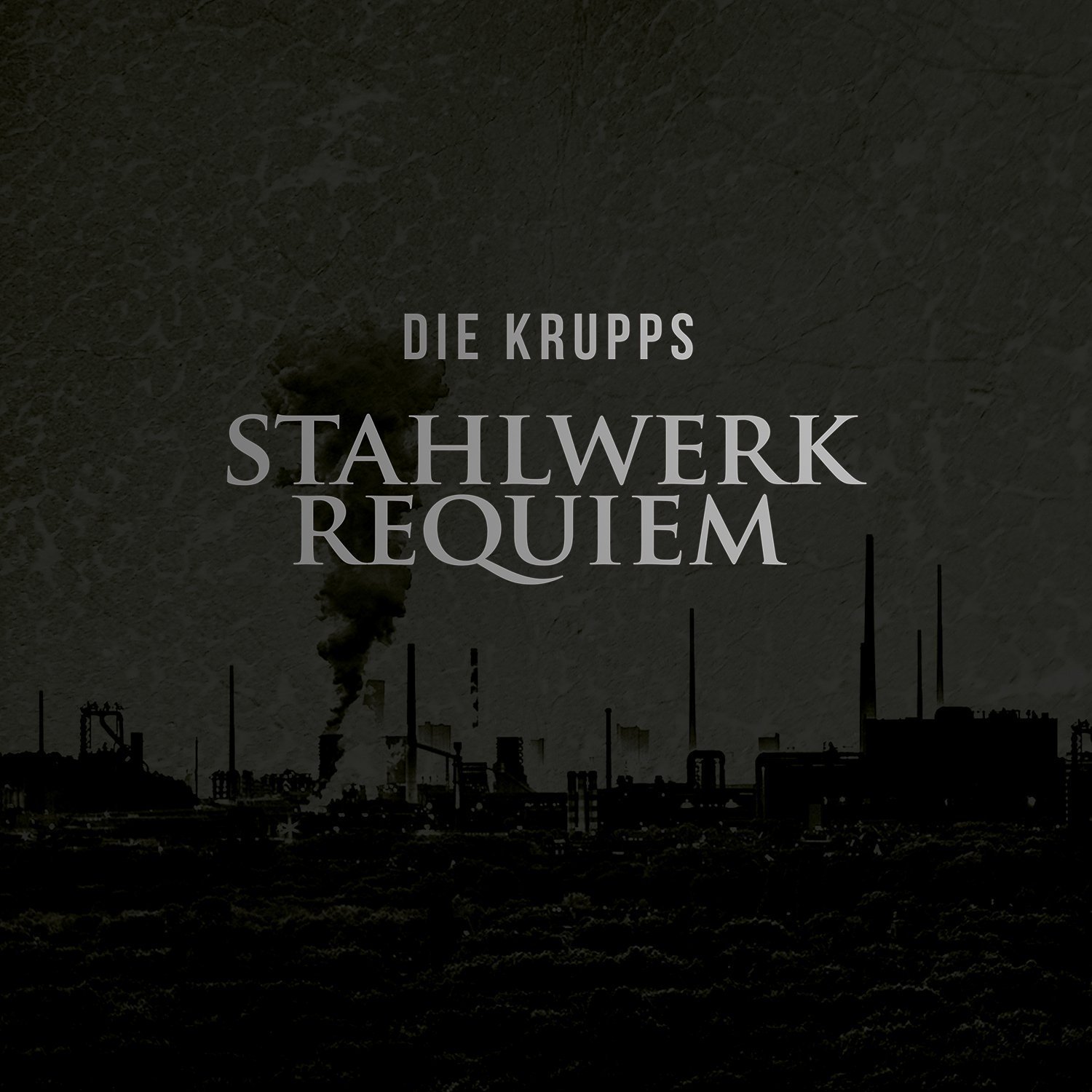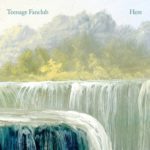Krupp by name, definitely not krupp by nature. The somewhat legendary Die Krupps return with a new version of their 1981 debut Stahlwerksinfonie. And a hefty and heavy album it is. They seemingly were not aware of Krautrock and its experimental satellites when the original was recorded 35 years ago but they certainly are now. Chugging, abrasive, free-form at times and psychedelic: it ticks all the boxes. The main protagonist behind the band may be Jürgen Engler these days but the presence of Zappi Diermaier from Faust is clearly felt.
Principally a project to look back at the original classic with new ears and, presumably, more sophisticated studio dexterity, Stahlwerksrequiem uses the same confrontational and repetitive bassline but to more direct effect. It’s not a repeat, it’s a honed remake. More focused, more forceful, just more, basically. Whilst the effort from the younger Die Krupps meandered at times, this does so shackled to that prowling bass much more tightly. There’s a muscular brutality about it, make no mistake.
Split, perhaps a little arbitrarily, into two sections measuring 23 and 13 minutes it’s a pretty dizzying journey. Electronic, metallic and entirely man-made scrapes and clonks orbit around a more organic core. Much like a lot of Krautrock really but the viciousness is definitely at the industrial end of that genre.
The basics for Stahlwerksrequiem were recorded with Scott Telles from Texan post-rock bands My Education and ST37 and then Jean-Hervé and Zappi came on board along with a colleague from Düsseldorf punk days, Pyrolator. These divergent protagonists bringing the past and the present together are clearly quite a potent brew. This is no museum piece. Vastly contemporary in fact. Very easy to hear this sitting rather nicely in an Andrew Weatherall set. It may be artsy but it’s got a groove. A groove that’s oddly reminiscent of DJ Pierre and some of his harder Wild Pitch records oddly enough. A connection between ’70s German post-hippies and late ’80s and ’90s Chicago that might previously have seemed entirely improbable.
Excellent stuff and the fact the record is just two long tracks works. Doesn’t outstay its welcome but certainly allows it to breathe. A honking, abrasive epic of a record. If you’re looking for something to soundtrack a nighttime cruise around the industrial cityscape, this is the good stuff.




